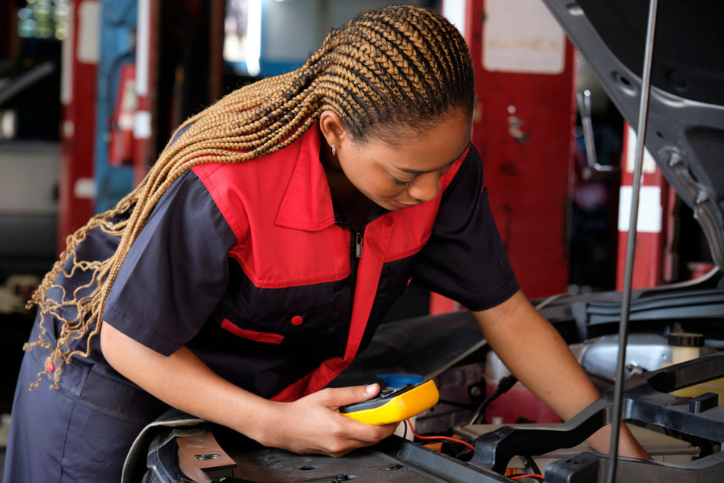The Labour Government's plan to reinstate the 2030 ban on new petrol and diesel car sales, pushing for widespread electric vehicle (EV) adoption, faces a challenge due to a shortage of qualified mechanics.
A recent report from the Institute of the Motor Industry (IMI) warns of a major skills gap in the workforce needed to repair, service and maintain EVs, with some regions already lacking adequate support.
The IMI projects a shortfall of 3,000 EV mechanics by 2030, growing to 16,000 by 2035. Currently, only 58,800 technicians hold its EV TechSafe certification, which is required to service electric cars. This figure represents just 24 percent of the UK's automotive workforce, tasked with maintaining the 1.1 million battery-powered vehicles currently on the road.
The IMI estimates that 124,000 qualified technicians will be needed by 2031, but current trends suggest only 121,000 will be certified by then. By 2035, it says that 166,000 EV mechanics will be required, yet only 150,000 are likely to be available.
With the potential reintroduction of the 2030 ban, the capacity of garages to manage the expected surge in EVs could be put under strain. With businesses and fleets making up the majority EV sales, they could find that vehicles are off the road for longer than expected.
Minimising vehicle downtime is vital for most fleets, which is why Motor Assist continues to grow its network of approved repair partners which are capable of working on electric vehicles.
Its aim is to ensure vehicles get back on the road as quickly as possible, but while vehicles are being repaired following an incident, Motor Assist offers an EV-for-EV guarantee, meaning drivers won’t have to step back into a diesel or petrol car while their EV is being repaired.
To ensure downtime is mitigated as much as possible for fleets, speed of accident reporting is crucial. Try our calculator to see the implication of incident reporting delays to your business.



.png?length=500&name=Blog%20image%20-%20Unplanned%20repairs%20A%20growing%20challenge%20for%20UK%20fleets%20-%20iStock-2196870531%20(1).png)
